Dark Shell: See “Cold Shell.”
Deed in Lieu of Foreclosure: A deed by which a borrower voluntarily gives title to real property to the bank (i.e. the mortgagee) in exchange for the borrower (i.e. mortgagor) being released of all obligations under the mortgage, generally in order to avoid foreclosure.
Deed of Trust: A document by which real property is pledged to secure a loan and held by a trustee; used in certain states in place of a mortgage.
Deemed Consent: A provision stating that the landlord’s consent shall be deemed to have been granted if, within a pre-determined time period, the landlord fails to respond to a tenant’s consent request relating to a matter in which the tenant must first seek the landlord’s consent (e.g., to an assignment or sublet or to perform alterations to a tenant’s space).
Default: Failure to fulfill a legal obligation or condition in a timely manner such as paying rent, performing repairs, or complying with (or being in violation of) any other obligation under the lease.
Default Remedies: The remedies provided to a party in the event that the other party to the lease defaults on their obligations under the lease. Such remedies should be explicitly stated in the lease.
Demolition (Clause) | Demolition Work: A clause reserving the right for a landlord to terminate an existing lease, upon relatively short notice to the tenant (such as 6 to 9 months), so that a demolition of the building, material improvement, or substantial renovation can be undertaken. More often than not, a demolition clause appears in a lease for the first time, with no prior mention of its inclusion in a letter of intent between a landlord and tenant.
Desk Sharing (Provision): A lease provision giving a tenant flexibility to grow into a space or downsize by having the ability to sublease or license a portion of its offices or other space without being required to go through the process and cost of obtaining the landlord’s consent, provided that certain conditions were met. Such a provision is sometimes referred to as a “permitted occupant-desk sharing” provision.
Disbursement Request: A request for disbursement from a Tenant Improvement (TI) allowance signed by the president, CFO, or controller or other officer of a tenant together with such documentation as: (a) a statement that the amount requested in the disbursement request does not exceed the actual TI allowance; (b) copies of all contracts, work, purchase and change orders associated with the disbursement request; (c) copies of documentation such as bills and invoices are delivered indicating that all applicable work for which payment is sought has been completed, the applicable materials furnished, or the applicable services performed along with partial or full lien waivers from all contractors and subcontractors; and (d) a certificate from the tenant’s licensed architect or the person requesting the disbursement stating that in their reasonable opinion, all work for which the disbursement request is being made has in fact been completed and performed in a good and workmanlike manner substantially in accordance with the plans and specifications approved by landlord.
Due Diligence: The process of verifying facts about the other parties and the subject property in a commercial lease transaction. This will often include reviewing all financial records and other material information pertaining to the property, consequently allowing the reviewing party to assess the strengths and weaknesses of the other party and any risks involved. Essentially, due diligence refers to the level of care and procedures that should be exercised by a reasonable person before entering into an agreement or financial transaction with another party.

